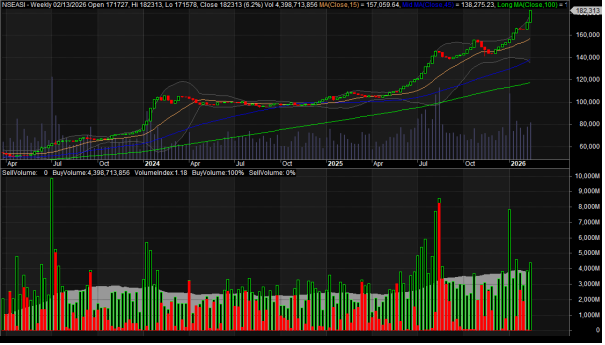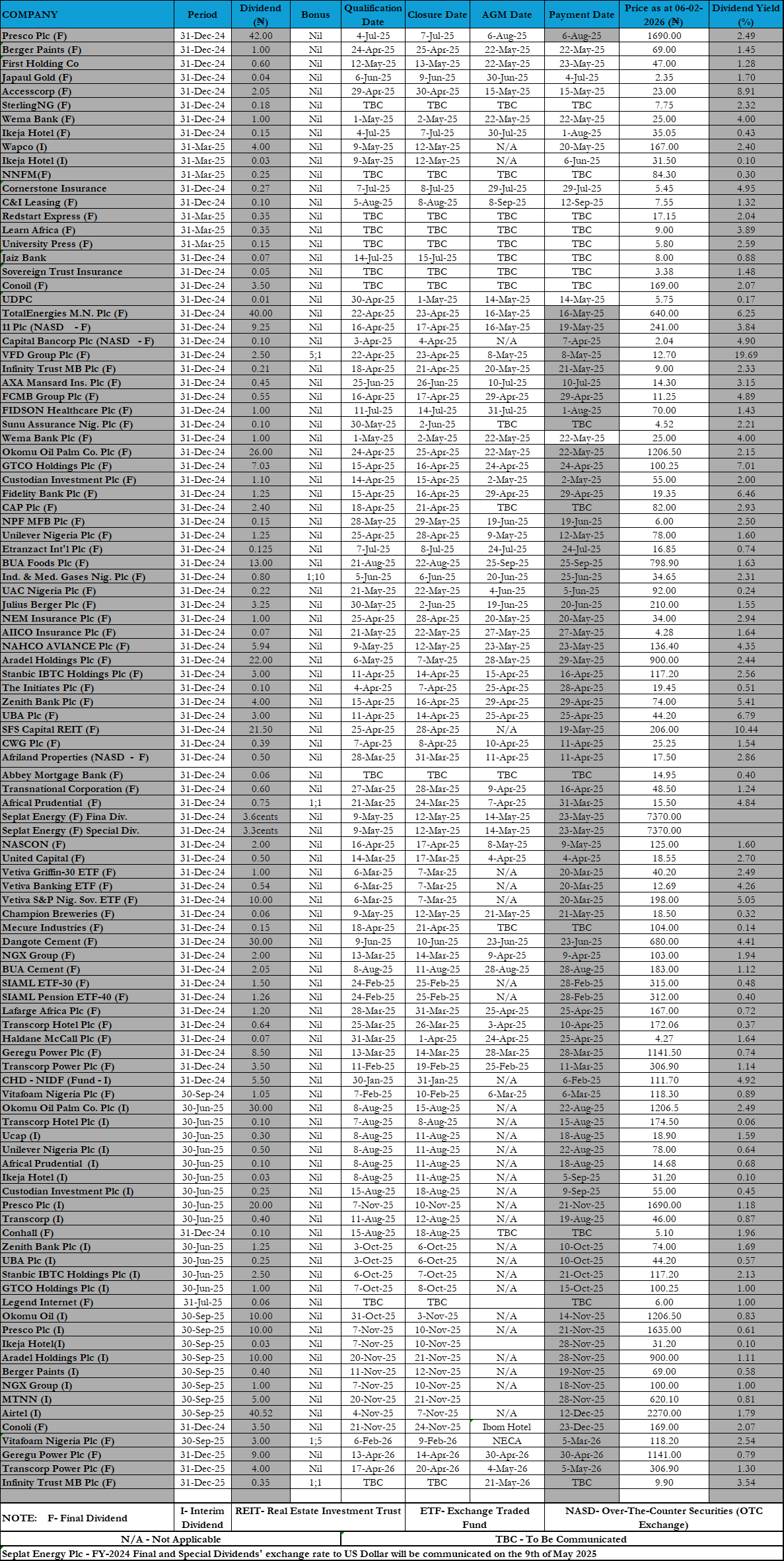
Nigeria’s Debt Management Office (DMO), on Friday put the country’s total public debt rose 15% to N28.62tr (about $79.5bn) as of March, compared to the level in the corresponding period of last year.
Reuters reported at the weekend that total public debt stood at N24.94tr in the first quarter of 2019.
Debt servicing charges are on the rise, with a director at ratings agency Fitch telling Reuters last week that a sharp rise in Nigeria’s sovereign debt and a ballooning financing gap could trigger a rating downgrade.
Nigeria had a series of debt issues lined up this year before the collapse in oil prices, the country’s main export, forcing the government to shelve foreign commercial borrowing.
Nigeria’s Federal Government is currently tapping domestic markets and concessionary loans to fund its 2020 budget deficit which has been worsened by the lower oil prices that slashed revenues and weakened the Naira currency.
The government spent N609.13bn ($1.69bn) to service domestic debt in the first quarter of 2020, the DMO said in a statement.
Nigeria’s debt to revenue ratio is set to worsen to 538% by the end of 2020, from 348% a year earlier, before improving slightly next year, Fitch said.













